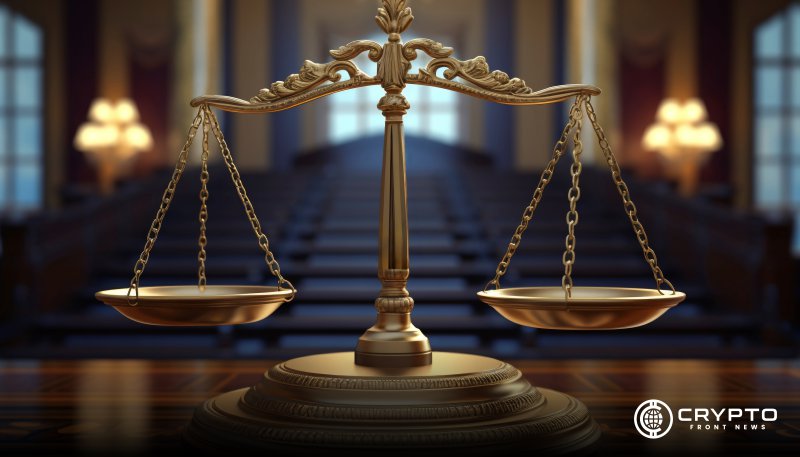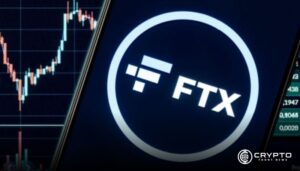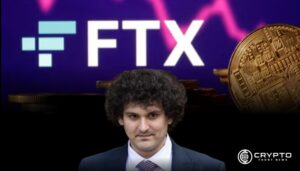- Sam Bankman-Fried’s legal team argues that key evidence proving FTX’s solvency was blocked during the trial.
- Bankman-Fried’s defense claims the FTX collapse was due to liquidity issues, not fraud or mismanagement of customer funds.
- The appeal accuses Judge Kaplan of bias, stating his actions unfairly influenced the jury’s decision during the trial.
Former FTX CEO Sam Bankman-Fried has officially filed an appeal seeking a new trial following his conviction for fraud. His legal team argues that U.S. District Judge Lewis Kaplan demonstrated bias during the trial and prevented the defense from presenting critical evidence.
Bankman-Fried, convicted of defrauding FTX customers and investors, was sentenced to 25 years in prison. According to his lawyer, the case’s insolvency claims were misinterpreted as a liquidity crisis, not an actual solvency problem, which they argue should have been a pivotal element in the case.
Allegations of Bias and Key Evidence Blocked
Notably, the appeal filed in the U.S. Court of Appeals for the Second Circuit accuses Judge Kaplan of hindering Bankman-Fried’s ability to present his defense. His attorney, Alexandra Shapiro, argued that key evidence regarding FTX and Alameda Research’s financial health was blocked from the trial.
According to Shapiro, Bankman-Fried intended to show that both companies were solvent at the time, and the crisis was a result of a liquidity shortfall due to a customer withdrawal surge. However, this evidence was not allowed to be presented during the trial.
Prosecutors had presented FTX and Alameda as insolvent entities, implying that Bankman-Fried had orchestrated one of the largest financial frauds in recent history. Shapiro noted that the court’s decision to restrict defense evidence heavily impacted the jury’s view. The jury was ultimately left with what Shapiro describes as “half the picture.”
Judge’s Actions and Defense Rebuttals
During the trial, prosecutors highlighted Bankman-Fried’s extravagant spending on luxury items and political donations, painting a picture of funds being mismanaged. However, Shapiro disputed these claims, pointing out that FTX customers and Alameda creditors would likely be repaid from the assets recovered in bankruptcy proceedings.
She also emphasized that Bankman-Fried’s investments, though illiquid, were prudent, citing his $500 million stake in AI company Anthropic and his support for Solana. Shapiro further accused Judge Kaplan of displaying overt bias, influencing the jury’s decision-making process.
She pointed to instances where the judge “prodded” the jury to reach a verdict quickly, and allegedly pressured them by offering incentives such as free meals and transportation. This, Shapiro claimed, reflected Kaplan’s presumed belief in Bankman-Fried’s guilt, further tipping the scales in favor of the prosecution.
Defense Appeals Focus on Misunderstood Financial Crisis
The appeal centers on the argument that FTX’s downfall was not due to insolvency but rather a liquidity crunch triggered by customer panic in November 2022. Shapiro argued that the defense had sufficient evidence to show that Bankman-Fried had not engaged in deliberate fraud or theft.
According to her, his investments were far from reckless and aligned with long-term growth strategies. However, the inability to present these arguments led to what the defense describes as a misrepresentation of facts during the trial.





